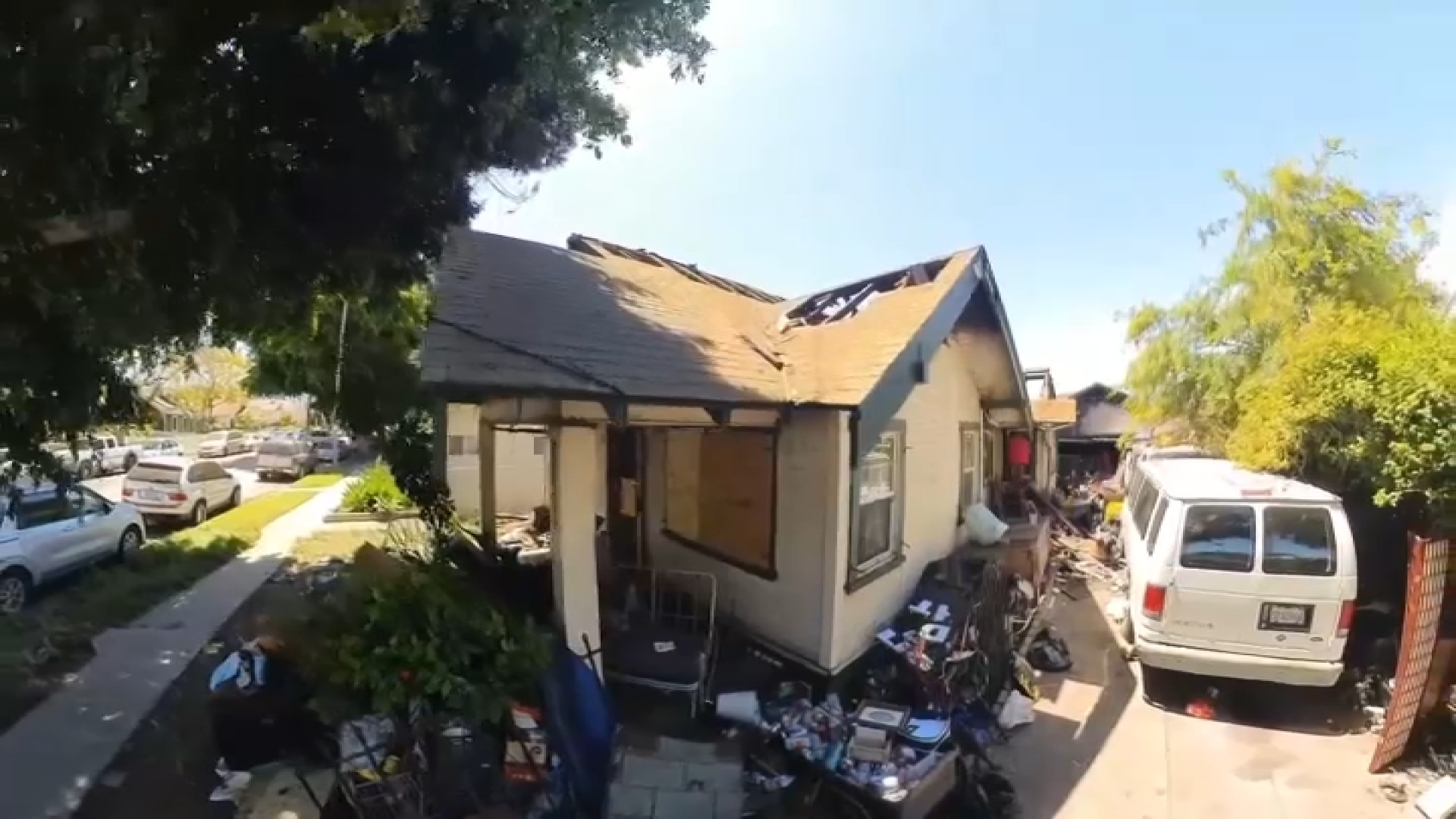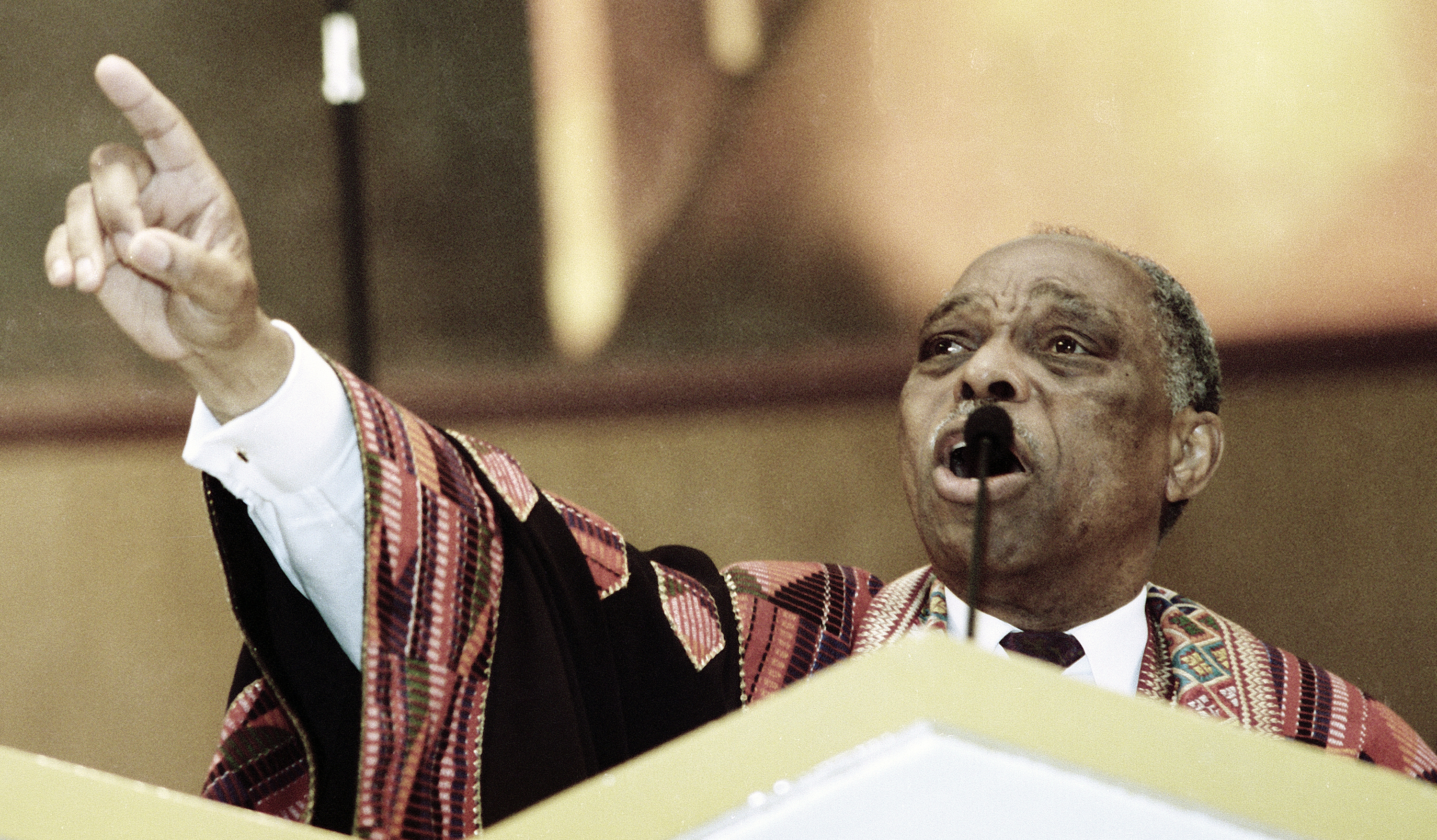A gondola between Union Station and Dodger Stadium continues to take shape, as the Metro Board of Directors agreed Thursday to move forward with the environmental review process.
The unanimous vote by the board approved a staff report where Metro would agree to be the lead agency for the project's California Environmental Quality Act review.
According to the staff report, cities and counties are the CEQA lead agencies for private real estate developments, but this is the first time Metro is proposing to be a CEQA lead agency for a private transit developer.
As lead agency, the Metro board would determine whether to approve the project, which will be funded completely by Aerial Rapid Transit Technologies, the report says, adding that no Metro funds will be used in the
design, construction or operation of the project and that ARTT will pay for Metro staff's time.
"In another major milestone, Metro's Board of Directors has endorsed moving the environmental review process forward for Aerial Rapid Transit Technologies' gondola system that will fly thousands of fans from Union Station to Dodger Stadium," said Martha Welborne, a project manager for ARTT.
"We look forward to continuing to advance this innovative and sustainable -- privately-funded -- transportation project and appreciate the continued support of the Los Angeles Dodgers for this exciting opportunity to expand transportation options for Dodger fans."
News
Top news of the day
Aerial Rapid Transit Technologies -- a company founded by Drew McCourt, son of former Dodgers owner Frank McCourt -- wants to built the privately funded aerial gondola.
McCourt sold the team in 2011, but still owns half-interest in the 130 acres of parking around the stadium. McCourt's investment firm would fund a portion of the project's estimated $125 million costs.
A gondola and other options for improving access to Dodger Stadium was part of an informational study in 1990 by the Los Angeles County Transportation Commission, a precursor agency to Metro, but the idea was never pursued beyond the study, Metro said last year.



